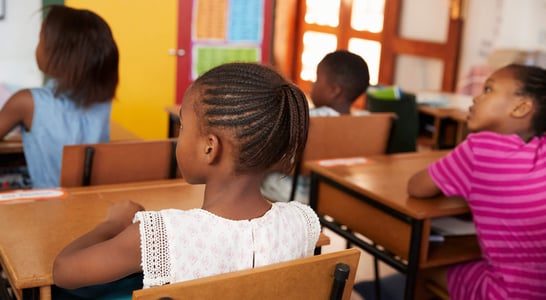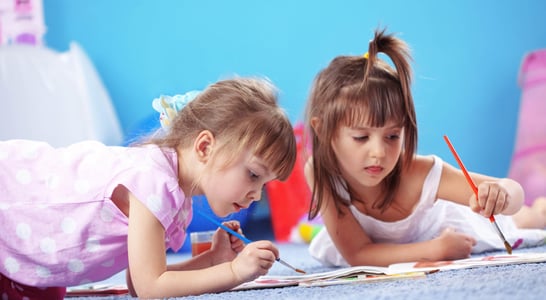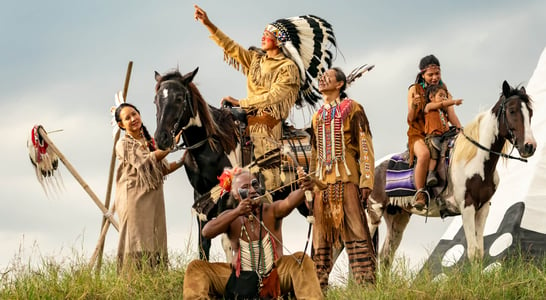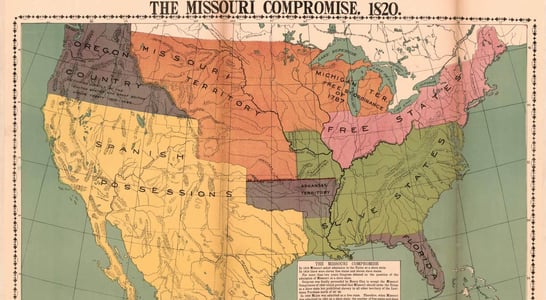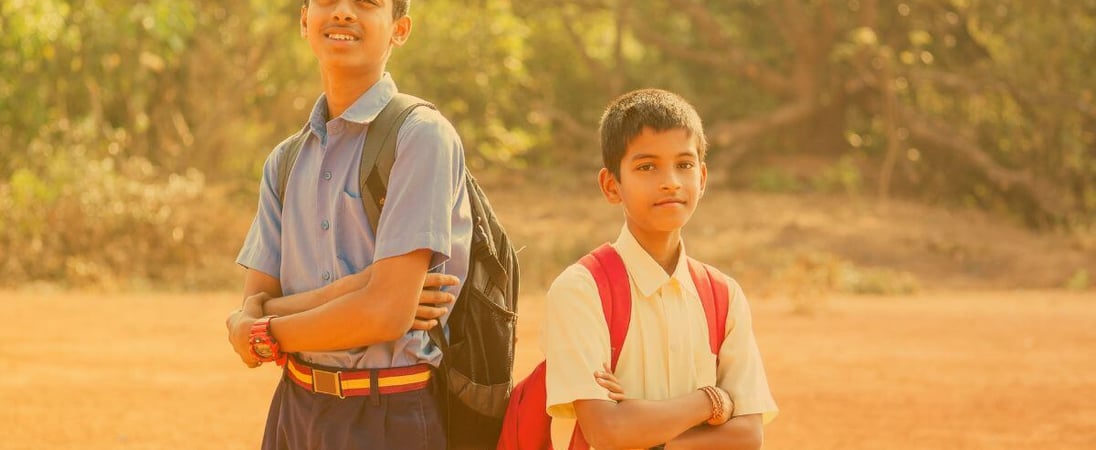
National Day of Remembrance for Indian Boarding Schools
Exploring historical approaches to Native American education unveils impactful narratives and perspectives worth remembering.
This important event is recognized in the United States as a vital part of healing and apology for the thousands of families who were impacted by the cruel practice of removing children from their homes that took place in North America for more than 150 years.
The National Day of Remembrance for Indian Boarding Schools acts as an opportunity to honor the ongoing trauma that these actions brought on, in an effort to bring reconciliation, restoration and healing.
History of National Day of Remembrance for Indian Boarding Schools
This history of this event can be followed back to the early 1800s when caucasian government leaders in North America instituted policies against indigenous families and tribes, forcibly removing thousands of children into residential boarding schools.
These schools were meant to train Native children to turn their backs on their traditional ways of life and replace them with mainstream, white, American culture.
Over the course of many decades, around 400 government funded, often church-run, Indian boarding schools were actively working to “educate” tens of thousands of native children away from their families and their familiar way of life.
During these years, at least 500 deaths of Native children were reported as they endured rampant and pervasive abuse and neglect.
The National Day of Remembrance for Indian Boarding Schools was established with the purpose of bringing to light the tragedies that were caused by those who abused their authority.
In addition, this day is meant to honor the deep and pervasive wounds that were inflicted by demanding that this truth be included in history books as part of the legacy of the United States.
One supporter of this day is the National Native American Boarding School Healing Coalition.
This organization advocates by providing access to tools and resources for making changes and resolutions, as well as encouraging all citizens to use their voices proactively through political engagement with their representatives.
In Canada, Orange Shirt Day also known as Truth and Reconciliation Day, has been observed since 2013 and is celebrated at the same time.
How to Observe National Day of Remembrance for Indian Boarding Schools
Get involved with the National Day of Remembrance for Indian Boarding Schools in a variety of ways, including some of these:
Visit the National Museum of the American Indian
Gain more access and understanding about the plight of Native Americans in boarding schools and other arenas.
Take the family to visit the Smithsonian National Museum of the American Indian in Washington DC for an important educational experience.
Learn More About Indian Boarding Schools
Because the mystery and secrets behind this important part of US history continues to be revealed, it is vital that concerned people make a difference by getting educated on the most recent information.
National Day of Remembrance for Indian Boarding Schools acts as a motivation to learn more through research and reading, including books such as Kill the Indian, Save the Man by Ward Churchill (2004) or Education for Extinction by David Wallace Adams (2020).
Also on ...
View all holidaysNational Pet Tricks Day
Watching clever pets perform amazing feats brings joy, showcasing their intelligence and the incredible bond between animals and humans.
International Podcast Day
Explore new options for entertainment and education in podcasts, or even consider starting your own on a topic you’re passionate about and interested in.
International Thunderbirds Day
Watch the classic British puppet show Thunderbirds, or join a Thunderbirds event to geek out over this culturally influential show.
We think you may also like...
International Day of the African Child
Highlighting the importance of education and raising awareness about challenges faced by young people in diverse regions.
National Kindergarten Day
Join your child at kindergarten by volunteering and engaging with kids of this adorable age. Don’t have kids? Let your inner kid out by having a snack taking a nap.




